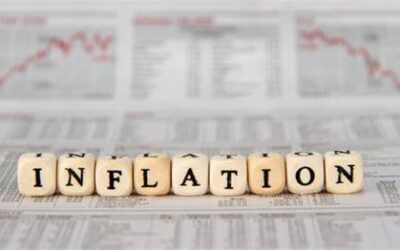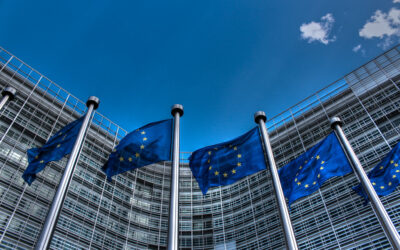
In the recent years, The Netherlands has become a more and more popular destination, not only for tourists, but also for companies. Foreign investments and innovations found their “home” in the country of Lowlands. The Dutch market is an attractive market for companies of different sizes as well as for various industries. Therefore, the aim of today’s article is to delve into the hub that The Netherlands became for foreign investments and innovations.
Despite global economic challenges, high interest rates, and changing regulations, the Netherlands remains an attractive destination for foreign investment. In the first quarter of 2024, foreign investors funneled 720 million euros into the Dutch real estate market—a 3.3% increase from the previous year—placing the country ninth globally in foreign investment. While larger economies such as the UK, US, China, Japan, and Germany lead the rankings, the Netherlands punches above its weight in attracting foreign capital, with 35% of total investments coming from international sources. This places it third globally in proportionate foreign investment, just behind Belgium and Spain.
Foreign investors, particularly from the US, Belgium, the UK, and France, are drawn to the Netherlands’ favorable geographic location, making industrial and logistics properties outside the Randstad—such as in Roosendaal, Eindhoven, and Helmond—particularly attractive. Traditionally, the Randstad dominated real estate investments, but smaller cities are now benefiting from the influx of foreign capital.
A Magnet for Innovation: Key Sectors and Success Stories
The Netherlands has also solidified its reputation as a global leader in innovation, ranking highly on the Global Innovation Index, European Innovation Scoreboard, and IMD World Digital Competitiveness Ranking. Major sectors such as IT, life sciences, chemicals, agrifood, and energy continue to draw international companies eager to collaborate and innovate within the Dutch ecosystem. The country’s commitment to sustainability and future-forward technologies only adds to its appeal.
In 2023, numerous high-profile companies chose the Netherlands for their European expansions, enhancing the country’s reputation as a center for cutting-edge industries. Notable ventures include:
- MSD Animal Health opened the world’s largest vaccine facility in Boxmeer, demonstrating the growing importance of the Netherlands in the life sciences sector.
- Air Products, a leading American hydrogen company, opened its first European project delivery office in The Hague, aligning with the country’s commitment to decarbonization and the energy transition.
- Bluefors, a Finnish leader in cryogenic systems, expanded into Delft, further cementing the Netherlands as a hub for quantum research.
These ventures illustrate the Netherlands’ capacity to attract companies across diverse industries, including life sciences, clean energy, and high-tech systems.
AI and Sustainability: A Vision for the Future
Artificial intelligence (AI) is another area where the Netherlands excels. With over 650 AI startups, the country boasts the highest density of AI companies in the EU. Institutions like the National Innovation Center for AI (ICAI) and the Netherlands AI Coalition drive innovation through public-private partnerships and advanced research. The Netherlands also serves as a key player in the European AI landscape, with Delft University hosting one of Europe’s top AI research units, ELLIS.
The country’s annual World Summit AI brings together global leaders to explore how AI can drive sustainable solutions and foster innovations in health care, energy, and transportation. Companies like Microsoft have recognized the potential of the Dutch AI ecosystem, establishing research hubs in Amsterdam and partnering with local startups like TechTics to develop sustainability-focused technologies.
To conclude, the Netherlands’ ability to attract foreign investment and foster innovation is a testament to its strategic advantages, commitment to sustainability, and vibrant research ecosystems. Whether it’s in real estate, AI, or life sciences, the country continues to be a global leader, shaping the future of industries while advancing solutions for a more sustainable world.
References
Invest in Holland . (2022, October 10). AI for Good. Retrieved from Invest in Holland : https://investinholland.com/news/ai-for-good/
Invest in Holland . (2024, January 23). Invest in Holland 2023 Recap: New Ventures in the Netherlands Create a Positive Impact. Retrieved from Invest in Holland : https://investinholland.com/news/invest-in-holland-2023-recap/
Leeuwen, D. v. (2024, June 04). The Netherlands Remains Popular Among Foreign Real Estate Investors. Retrieved from Colliers: https://www.colliers.com/en-nl/news/nederland-blijft-populair-bij-buitenlandse-vastgoedinvesteerders
Photo:
https://ak.picdn.net/shutterstock/videos/29735998/thumb/1.jpg



